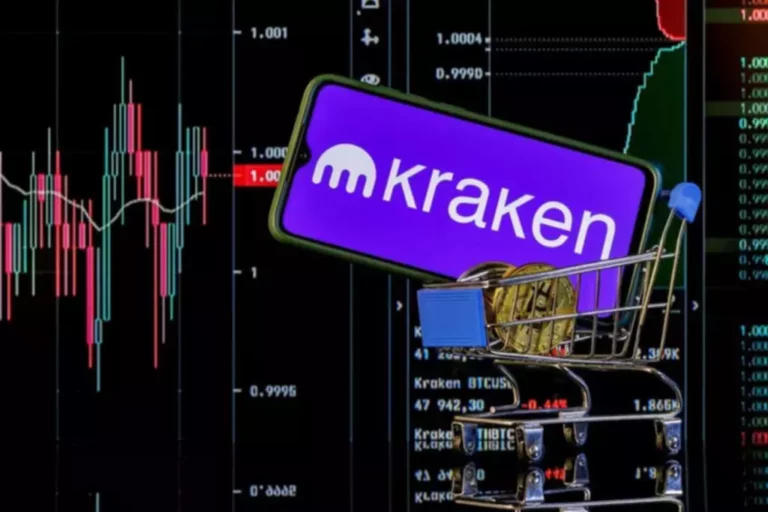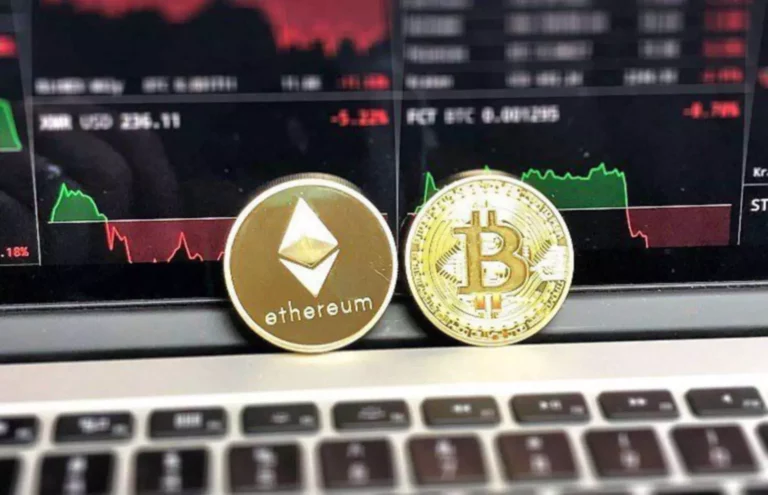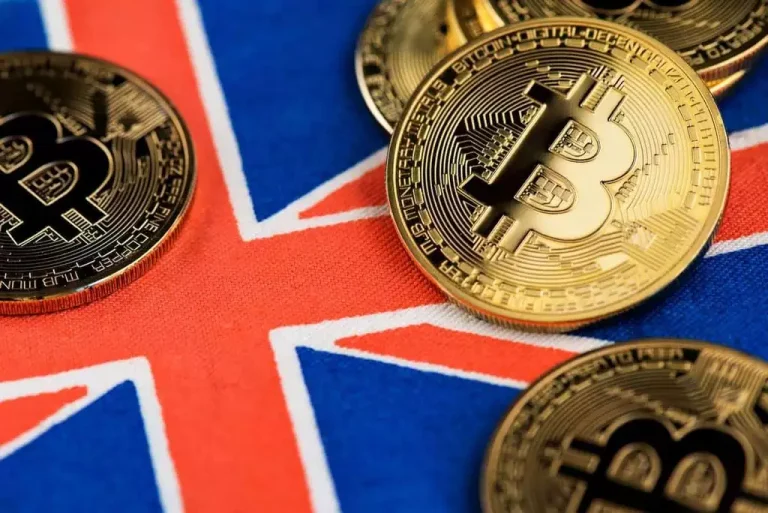What’s Volatility? Cryptoprocessing
Geopolitical tensions, economic crises, and regulatory choices can significantly affect crypto costs. By monitoring these occasions Financial cryptography and staying informed, individuals could make knowledgeable choices and implement efficient risk administration strategies. Various strategies have been used to research the relationship between cryptocurrencies and uncertainty indices. Bouri et al. (2017b) investigated the predictive energy of the worldwide uncertainty index over the CR using wavelet-based strategies. Their study confirmed that Bitcoin acts as a hedge towards market uncertainty, especially over shorter durations.

How To Manage Volatility In Crypto Buying And Selling
The immaturity of the overall crypto market signifies that https://www.xcritical.in/ constructive or negative views can spread like a contagion. This is all the way down to the psychology of the crypto investor, who is usually an individual /retail investor that’s less informed and extra impressionable in comparison with more seasoned traditional investors. All new monetary markets take time to settle and be accepted to have the ability to attain maturity – the identical holds true for crypto.

The Affect Of Stories And Social Media
However, smaller cryptocurrencies could have restricted liquidity, making them more prone to volatility as even small trades can lead to giant value adjustments. This measures the actual worth fluctuation of a cryptocurrency over a certain interval, calculated by way of the usual deviation of the logarithmic returns for that timeframe. The PWC results for the high-frequency period (one–eight days) for BTC, ADA, XLM, XRP, LTC, and ETH reveal strong coherence between the CR and UCRY indices after removing the influence of EPU and VIX. This coherence began in the middle and later elements of 2016 and continued till recently. However, 2018 marked the beginning of a brand new era during which Crypto Volatility the BTC and UCRY indices moved together, a trend that continued until the top of our sample.

How Can One Minimise The Dangers Of Crypto Trading?
The asset class, the market, and its investors/speculators are nonetheless finding their feet throughout this early and excessive growth part. Still a comparatively new asset class, crypto continues to be extremely unstable and, due to this fact, riskier than conventional asset courses. Stocks, for example, display a variety of volatility, from the relative stability of enormous cap shares (like Google, Apple, and Berkshire Hathaway) to the often erratic penny and small cap stocks.
- After linking a pockets to dYdX’s decentralized exchange, an eligible dealer can get pleasure from access to dozens of perpetual contracts with slippage tolerance controls, stop-loss orders, and the choice to add leverage.
- Figure 1 exhibits the weekly closing value modifications of cryptocurrencies from November 2018 to the end of June 2023.Footnote 3.
- The value of digital currencies often adjustments as a outcome of new tech, how traders really feel, guesses about the market, and rules set by governments.
- While some countries are introducing laws, many crypto markets function with minimal oversight.
- This episode exemplifies how irrational exuberance can propel unsustainable market trends.
Elements Affecting Crypto Volatility
Bonds are decrease danger nonetheless, as they usually see less dramatic worth movement, particularly within the case of higher grade bonds similar to a US Treasury. Generally, the more unstable and unpredictable an asset is, the risker it’s considered to be as an funding. This brings with it the potential for greater returns or higher losses over shorter time intervals in comparison with less risky property. While the lengthy run may see lowered volatility by way of technology and adoption, it’s important to acknowledge that volatility is inherent to the crypto market and will never be fully eliminated. By understanding the twists and turns of crypto volatility, individuals can navigate the market confidently, seize opportunities, and manage dangers successfully. Technological advancements and improvements within the crypto house can also affect Bitcoin’s volatility.
Bitcoin is the most well-known cryptocurrency as a result of it was the primary digital forex to be established. Following that, other cryptocurrencies, together with Ethereum, Litecoin, and Ripple, were established and gained interest, particularly after the “Bitcoin crash” in early 2018. Crypto trading methods give traders a way of course within the digital property market.
Traders usually look for patterns, similar to bullish or bearish engulfing patterns, to identify potential buying or selling alternatives. The cryptocurrency market is comparatively young and still creating compared to conventional financial markets like shares or commodities. Its small measurement and youth contribute to its volatility because it matures and becomes more integrated with traditional finance. Global financial instability, inflation rates, and adjustments in traditional monetary markets can all influence crypto markets. Blockchain technology remains to be relatively new, and the crypto market is in an early, experimental phase.
A great example of this is when Tesla bought Bitcoin in Jan 2021 and the markets reacted with exuberance and over-optimism, shopping for up BTC which ignited worth rally to an all time high of around US$69,000 in the months that followed. With Cryptomus it is all possible — sign up and manage your cryptocurrency funds with our handy tools. This is the principle factor that may make crypto predictions and investing in cryptocurrencies dangerous, as their value can go up or down very quickly, unlike extra steady investments like regular cash in a savings account.
However, there comes a point in any trader’s life after they start having a better understanding of volatility. More experienced traders have realized the method to revenue regardless if the markets are transferring up or down. By leveraging lengthy and quick positions on margin buying and selling, you presumably can benefit as lengthy as the markets are shifting. Candlestick charts display price movements over a particular period, providing useful details about market sentiment and potential reversals.
Qureshi et al. (2020) arrive at an identical conclusion, stating that the coherence between cryptocurrencies tends to range at higher frequencies and stays notably secure at decrease frequencies. News, social media, and influential voices (like Elon Musk’s tweets!) can lead to quick value changes. Speculation on future technologies or upcoming partnerships additionally causes fast shifts, with merchants betting on what’s to return rather than current fundamentals.
Making a close to crypto price prediction within the crypto market’s future is difficult however important for buyers. Since crypto prices can change rapidly and unexpectedly, making one of the best crypto forecast is essential. This volatility is a traditional part of its growth, offering each challenges and alternatives for traders and investors. This stark contrast is largely as a result of nascent and speculative nature of the overall crypto market, alongside its sensitivity to market sentiment, regulatory information, and technological developments.
(2021), it was discovered that the returns of Bitcoin, Ripple, and Ethereum have minimal sensitivity to traditional asset courses corresponding to stocks, currencies, and commodities, in addition to to common macroeconomic elements. Borri (2019) examines the conditional tail risk in cryptocurrencies, together with Bitcoin, Ethereum, Ripple, and Litecoin. This research reveals that cryptocurrencies exhibit excessive correlations with each other, both unconditionally and conditionally, but show weak correlations with different international belongings, including gold. Moreover, they counsel that cryptocurrencies can provide attractive returns and serve as efficient hedging devices. Their findings point out that cryptocurrencies with greater market capitalization have a larger influence on the transmission of volatility spillovers to different cryptocurrencies.
Large-cap cryptocurrencies with established observe information may provide higher stability, whereas small- and mid-cap cryptocurrencies may have larger progress potential but larger volatility. Additionally, market sentiment, investor behavior, and regulatory decisions can influence returns. When investing in varied sorts of cryptocurrencies, it’s critical to conduct in depth research, assess danger tolerance, and diversify portfolios.


